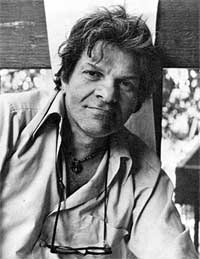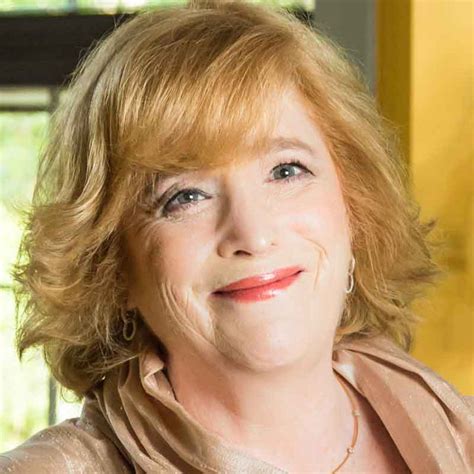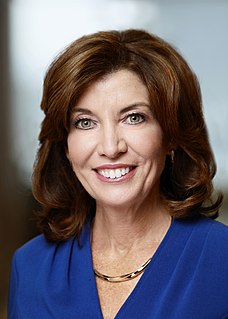A Quote by Gregory Corso
My father went into the armed service and I never saw my mother - I don't know what happened to her.
Related Quotes
Her [Eleanor Roosevelt] father was the love of her life. Her father always made her feel wanted, made her feel loved, where her mother made her feel, you know, unloved, judged harshly, never up to par. And she was her father's favorite, and her mother's unfavorite. So her father was the man that she went to for comfort in her imaginings.
I mean, her father was an alcoholic, and her mother was the suffering wife of a man who she could never predict what he would do, where he would be, who he would be. And it's sort of interesting because Eleanor Roosevelt never writes about her mother's agony. She only writes about her father's agony. But her whole life is dedicated to making it better for people in the kind of need and pain and anguish that her mother was in.
Her mother was a Christian Scientist who didn't believe in calling doctors. So when my mother caught whooping cough as a baby, stopped breathing and turned blue, her mother revived her by spanking her on the bottom. She saw life itself as a gift and saw her own survival as precious and a matter of chance.
My mother saw her mother... her father walked out when they were very young and it was a lot of, I'd say more verbal abuse than physical, but it was the same. And my mother, back in the 70s, became an advocate for victims of domestic violence way before anybody in the Legislature was talking about it.
But that wasn´t the first time I ever saw her. I saw her in the hallways at school, and at my mother’s false funeral, and walking the sidewalks in the Abnegation sector. I saw her, but I didn’t see her; no one saw her the way she truly was until she jumped. I suppose a fire that burns that bright is not meant to last.
When my daughter went to school, her last name was mine. The school insisted that her father's name be added to hers, not her mother's. The fact that the mother kept her in her womb for nine months is forgotten. Women don't have an identity. She has her father's name today and will have her husband's tomorrow.
As I never saw my father or my mother, and never saw any likeness of either of them (for their days were long before the days of photographs), my first fancies regarding what they were like, were unreasonably derived from their tombstones. The shape of the letters on my father's, gave me an odd idea that he was a square, stout, dark man, with curly black hair. From the character and turn of the inscription, "Also Georgiana Wife of the Above", I drew a childish conclusion that my mother was freckled and sickly.
Will sat where he was, gazing at the silver bowl in front of him; a white rose was floating in it, and he seemed prepared to stare at it until it went under. In the Kitchen Bridget was still singing one of her awful sad songs; the lyrics drifted in through the door: "Twas on an evening fair I went to take the air, I heard a maid making her moan; Said, 'Saw ye my father? Or ye my mother? Or saw ye my brother John? Or saw ye the lad that I love best, And his name it is Sweet William?" I may murder her, Tessa thought. Let her make a song about that.
My father never feared death. He never saw it as an ending. I don't know why Alzheimer's was allowed to steal so much of my father before releasing him into the arms of death. But I know that at his last moment, when he opened his eyes - - eyes that had not opened for many, many days - - and looked at my mother, he showed us that neither disease nor death can conquer love.






































